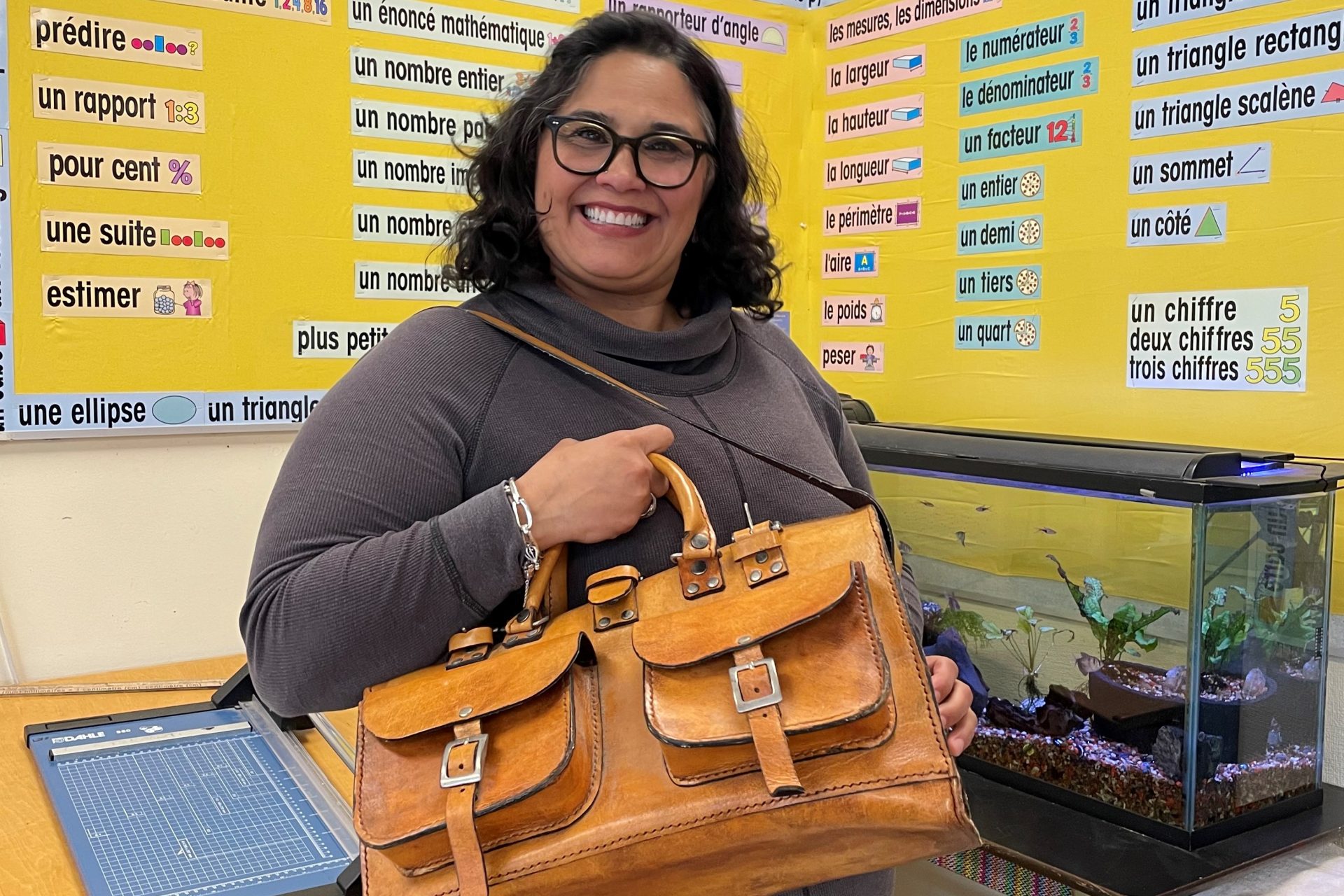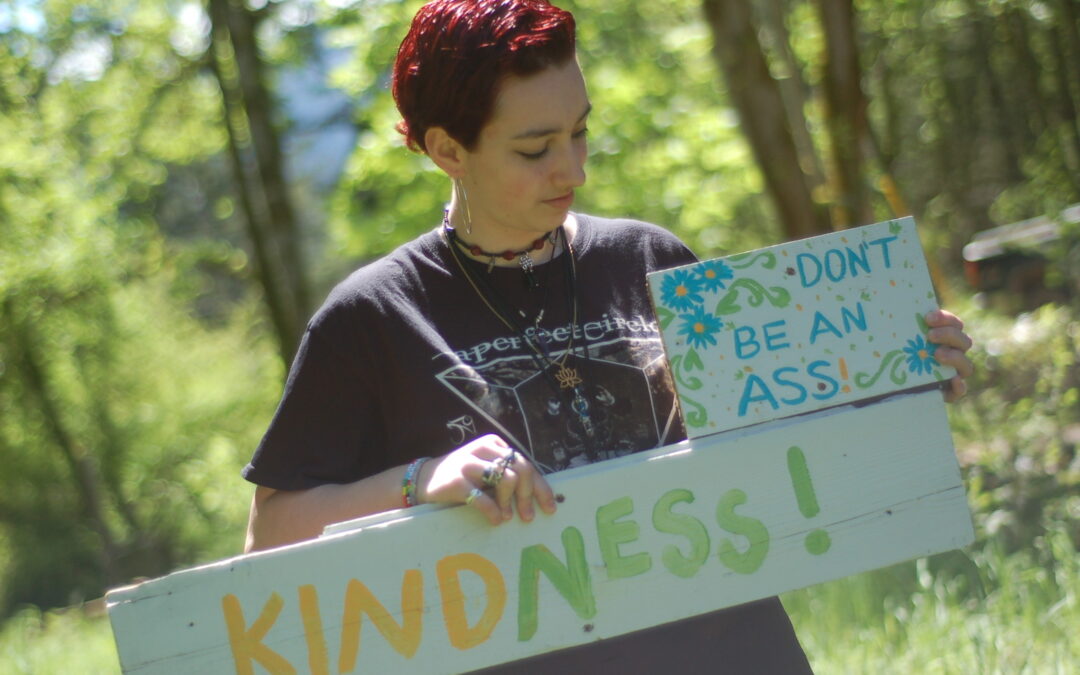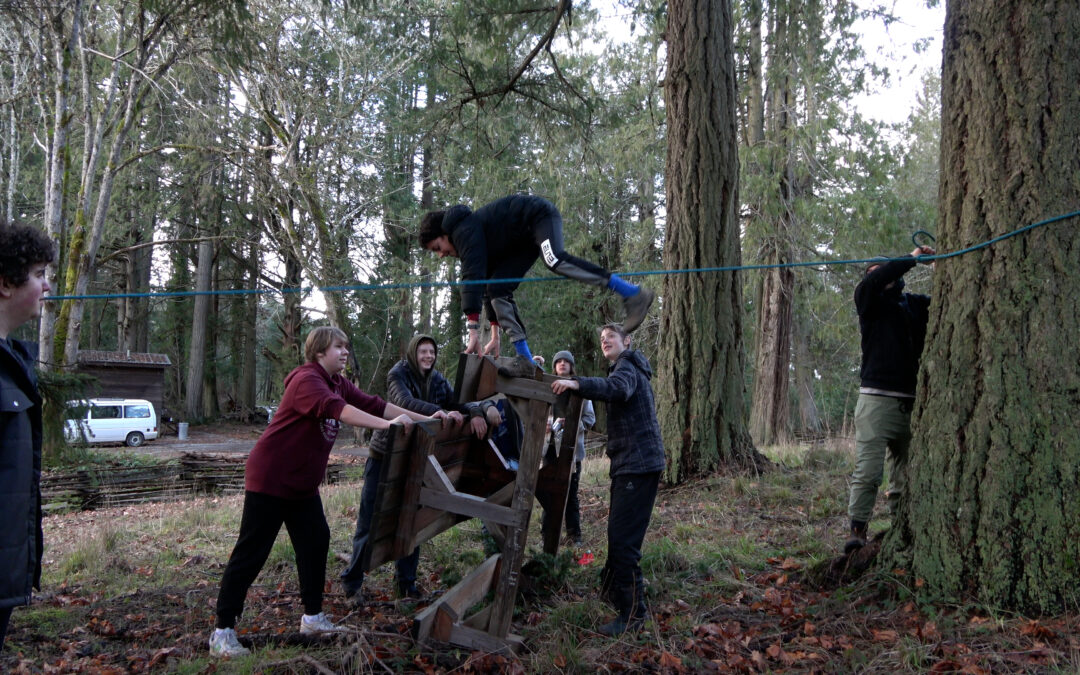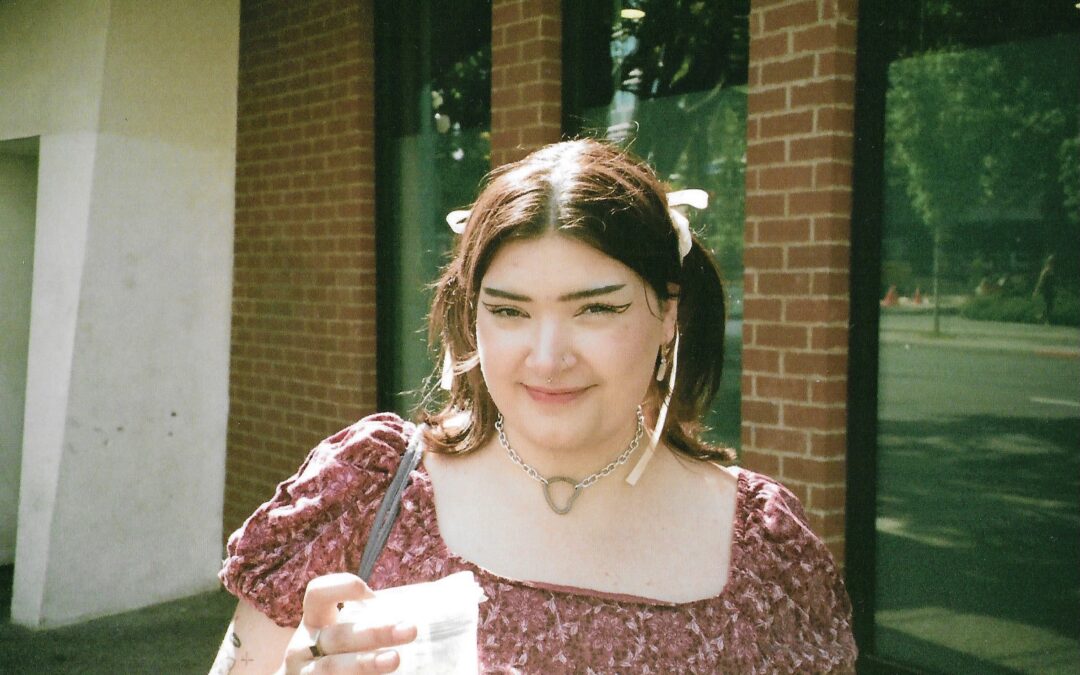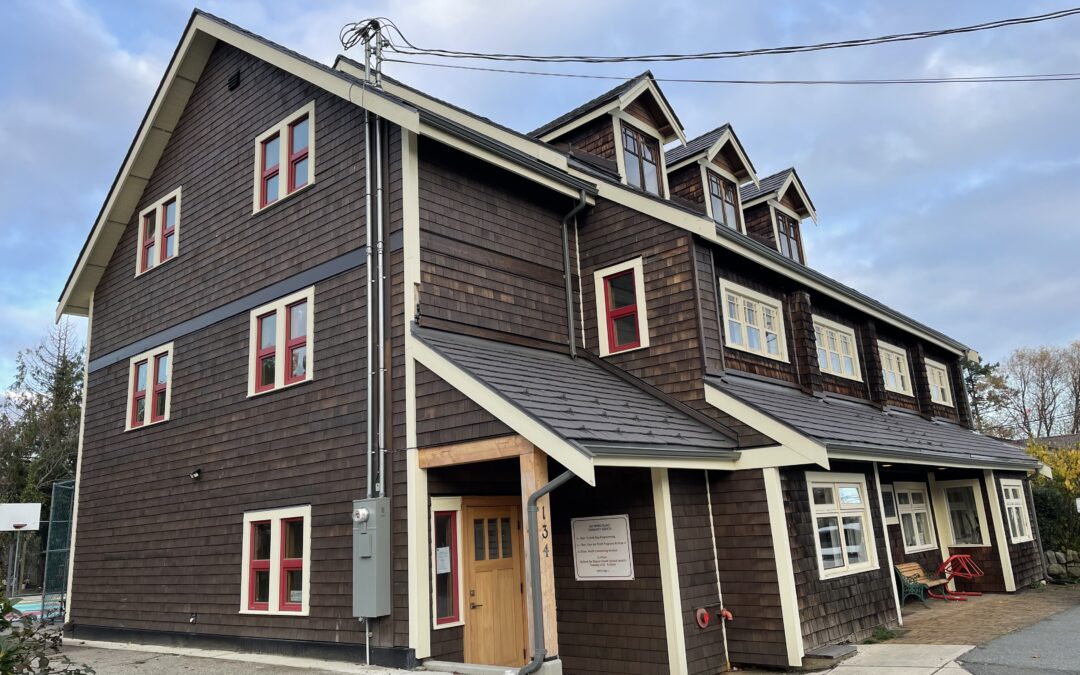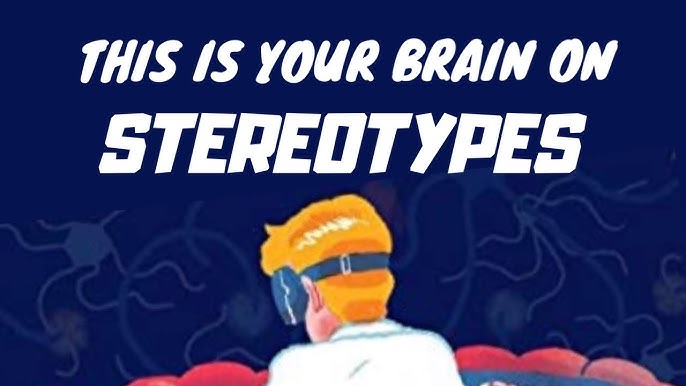Valeskca San Martin, a French immersion teacher at Salt Spring Elementary, has had the Respect Program – former Respectful Relationships – in her classroom for almost a decade. She sees social-emotional learning as an essential addition to the academics that are taught in school. Especially in this time of age, when students seem to be more anxious than she has ever experienced before.
The Respect Program facilitated by The Circle Education is designed to offer students in Grades 6,7 and 8 the opportunity to get to know each other better and learn about the foundational role respect plays in their lives. It is a program that Valeskca has welcomed into her classroom for over ten years.
To her, the highlight is always the same. It’s when kids who normally don’t say very much, open up. “All of sudden something clicks and they feel comfortable enough with the facilitator and the group to participate. To see kids who struggle to talk about how they feel, find their voice – is massive. And I see it happen every time.”
Topics from a different angle
Social-emotional learning as an addition to academics, is so relevant, says Valeskca. “There are so many things that are going on in a classroom: friendship dynamics, consent in friendships, communicating your needs, and expressing expectations. I deal with things and situations when they come up and talk with the kids about it, but it is a bit unrealistic to think that teachers can do it all. The experienced facilitators of the Respect Program bring these topics into the class from a different angle. It is a slotted time and safe place where we focus on their social-emotional development. Kids can talk openly and play games which help them talk about important topics, and they absolutely love it.”
Valeskca thinks that the most important aspect of the program is communication. “Learning to communicate with each other in a positive way is an important skill that needs to be taught. And you don’t always get that in an academic environment and not everyone gets that at home either. I see kids in my class that struggle to communicate their feelings. For example, if they don’t want to hang out with someone or if they feel hurt by somebody. A lot of kids don’t have the skills or the words to communicate effectively and in a kind way. I think a lot of problems at school are rooted in the fact that students don’t know how to communicate.”
Communicating is also an important skill if you want to be successful as an adult in a career or in relationships. Learning how to communicate, respect each other and appreciate differences, is all part of the programs The Circle Education facilitates in their in and after-school programs. “It is important that we learn to live and work with people you have nothing in common with or don’t get along with. Not everyone is going to be your best friend but you need know to how to talk to people in an effective and kind way. There is definitely a lack of that nowadays.”
Anxiety
In her classroom, Valeskca notices that her students are more anxious than in the past. “There are different reasons for that. I think that Covid brought a lot of people’s insecurities to the forefront. It made people a little bit angrier and there is a lot of frustration, especially in adults. You see a lot of polarization, that perhaps existed but not as aggressively. There are also a lot of families that are struggling financially and that reflects how they interact with each other; these things can definitely impact kids.”
Covid also had kids grow up a few years without much social interaction. “We see students that have never been in a whole school assembly and don’t know how to behave. They don’t know how to react to things. There are a lot of things happening all at once for them, piling up, and it has created this cohort of kids that are way more anxious than anything I have ever seen before.”
Valeskca would recommend all teachers to set aside time for social-emotional learning. “ “I think the programs The Circle Education provides are integral to the social-emotional growth of our students. As teachers, we do our best to deal with disagreements in the classroom, however, we often find ourselves putting band-aids on conflicts. The Circle encourages students to acquire strategies that get the root of the problem. We need to teach kids how to verbalize their feelings and deal with peer-to-peer struggles through a positive lens; this is what the Circle Education helps us do in a safe and supportive environment.”

